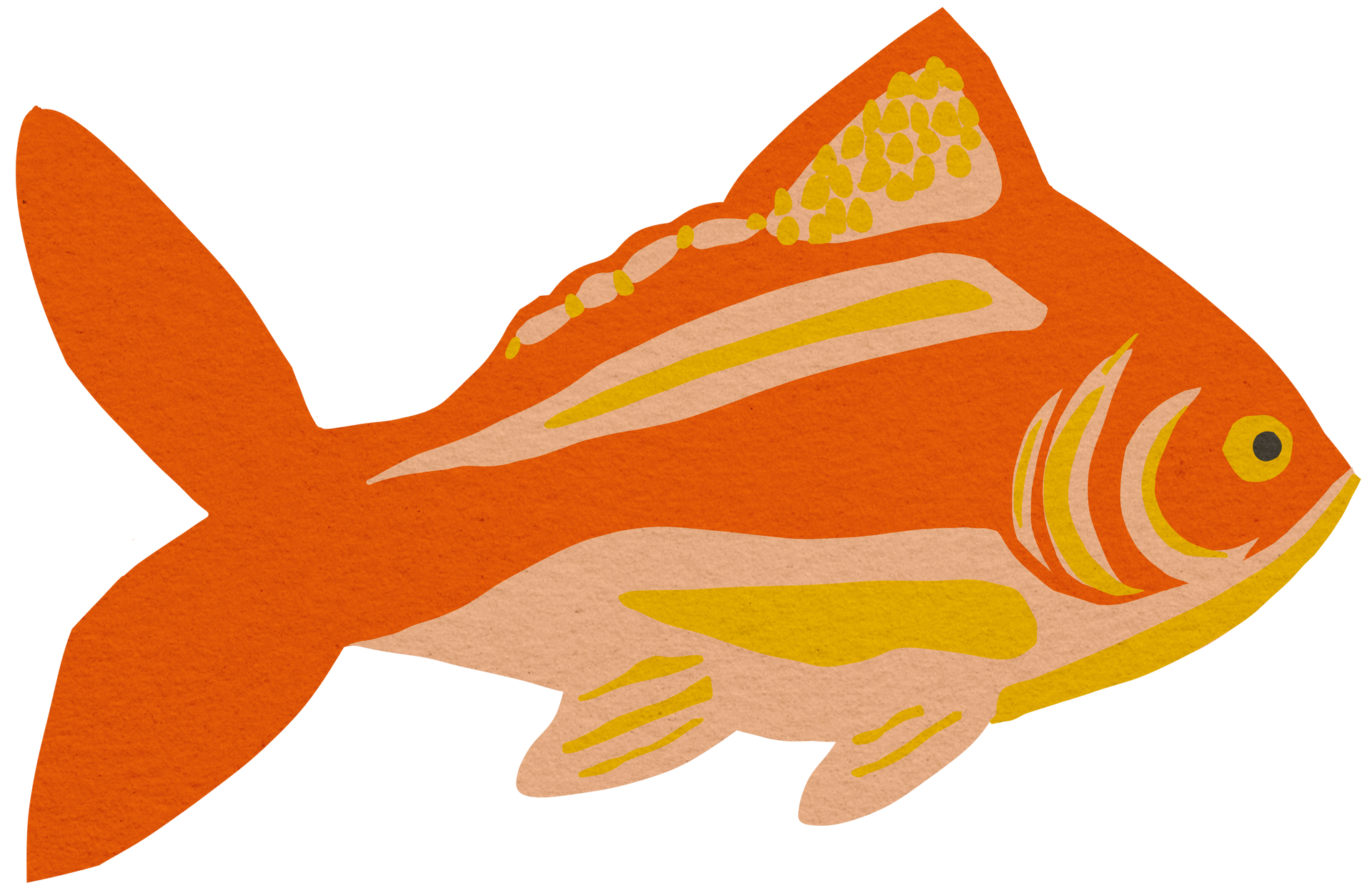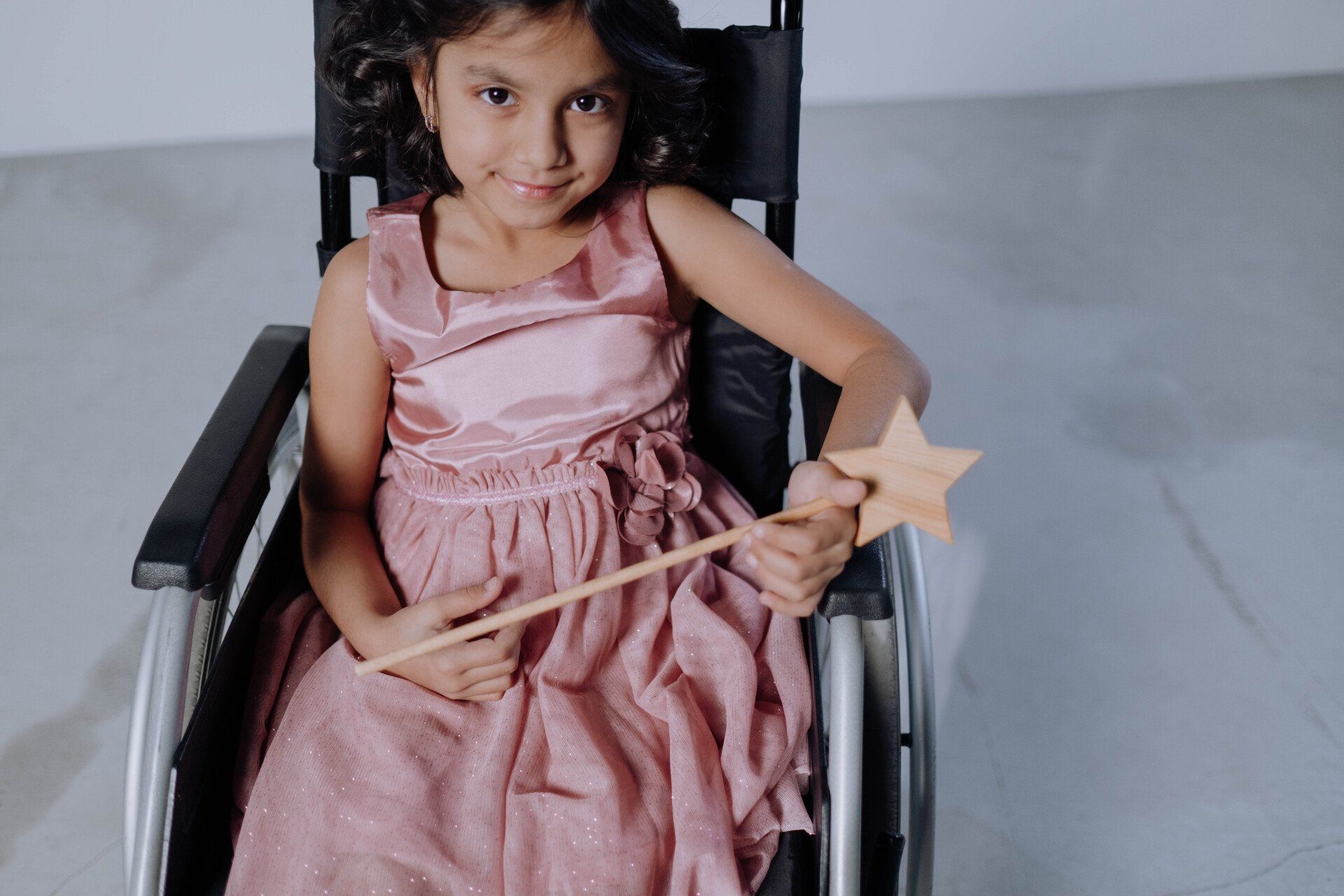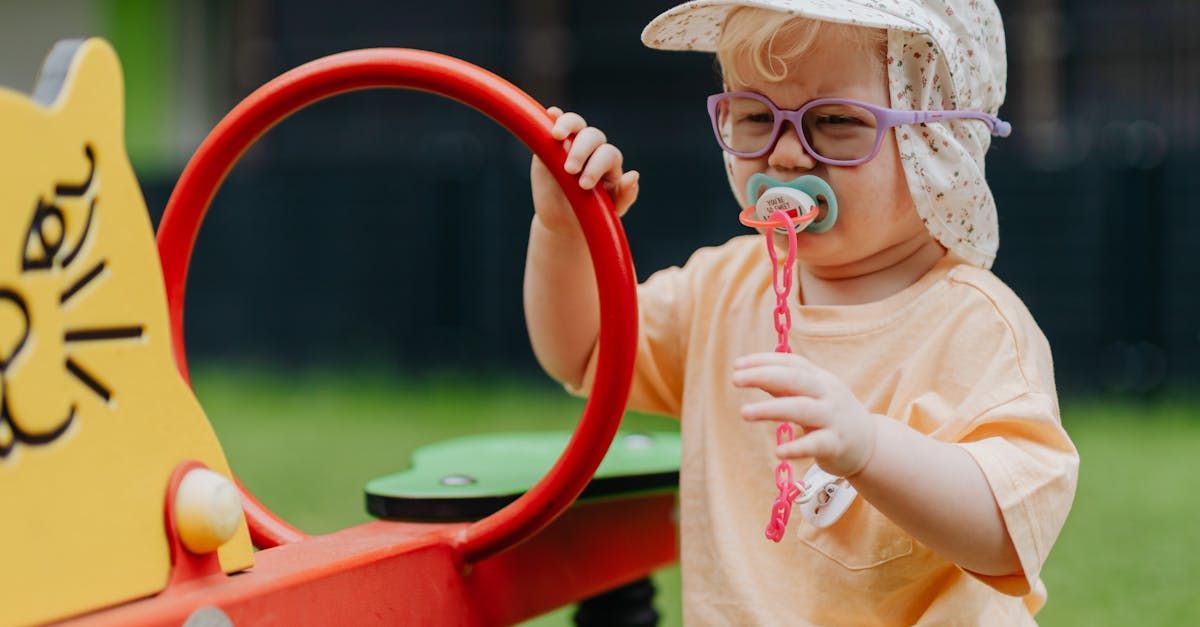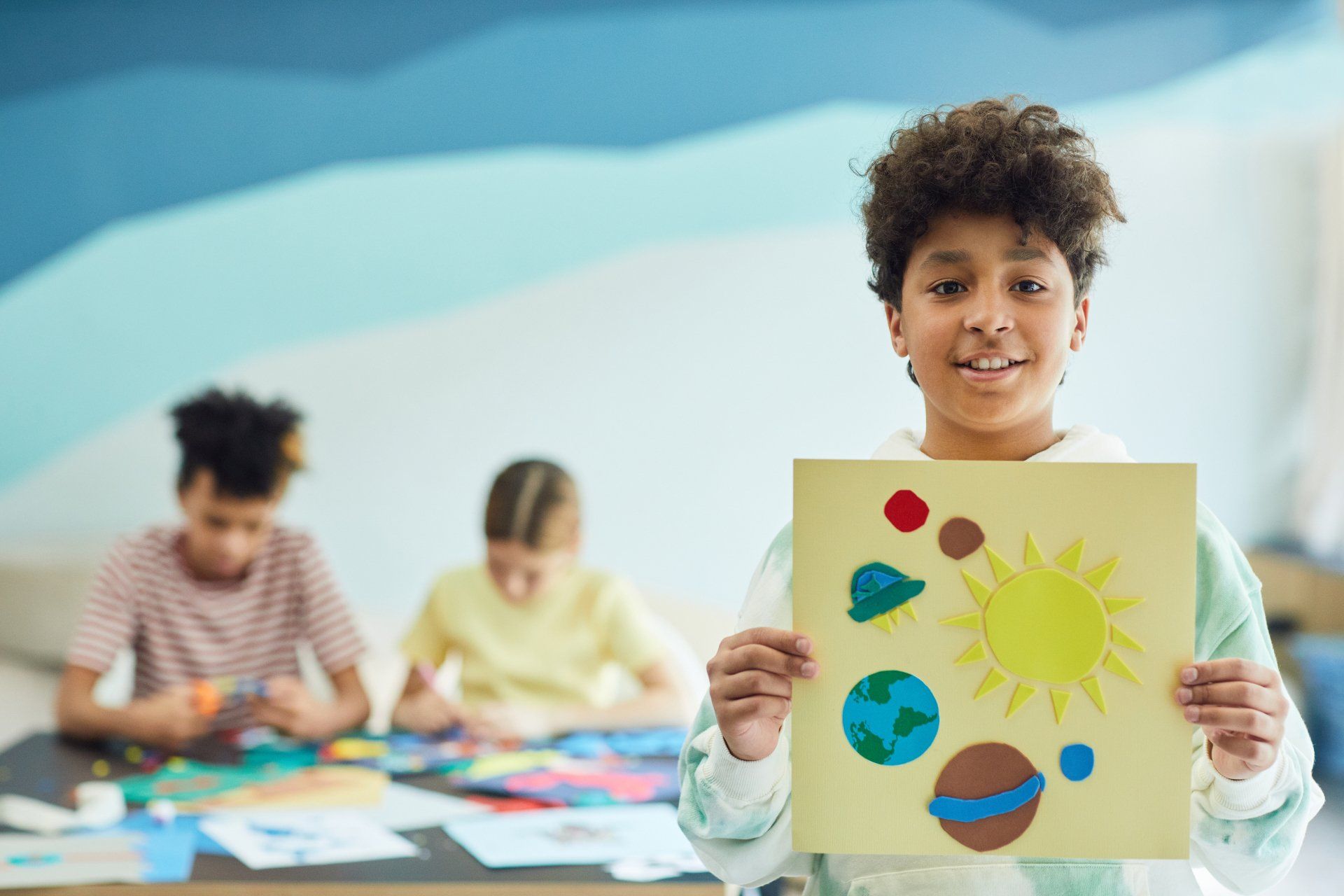Learn More

What is ABA?
Simply put, Applied Behavior Analysis (ABA) refers to the scientific approach to examining how a person's behaviors are impacted by their environment. BCBAs (practitioners) use principles of ABA to increase behaviors that are meaningful (e.g., improve communication, access, capacity), and decrease those that are challenging.
ABA therapy can be used with all individuals, regardless of age or disability. At Pivotal Behavior Consulting, we do not wish to erase signs of disability or diminish the most valuable and unique parts of children. We aim to support the acquisition of socially significant skills, those that enhance the quality of life for that child and their supporters.

What makes us different?
(being different is not a bad thing!)
- Play-based services in the natural environment
- Neurodiversity-affirming
- Focus on child development and social-emotional learning
- Meaningful partnerships with schools and families
- Solo BCBA model (no RBT turnover)
Neurodiversity-affirming practice approaches disabilities as a form of divergence to be embraced rather than a deficit to overcome, with the goal of maximizing a person's potential (Mathur et al., 2024; Rosqvist et al., 2020).
How can we help? (simplified goals and targets)
Early Childhood (0-8 years)

Communication
- Imitate sounds, gestures, movements
- Name and label items
- Greet familiar people
- Make attempts to communicate
- Express wants and needs
- Use functional communication systems
- Ask for adult help when needed
- Retell a story

Social-Emotional
- Tolerate others in their space
- Build rapport with peers and adults
- Accept "no" or "wait"
- Have a conversation
- Identify emotions in self and others
- Take turns with peers
- Cope with their feelings
- Play cooperatively with peer or sibling
- Separate easily from caregiver
- Differentiate between truth and lie

Challenging Behavior
- Keep hands to self
- Stay in the classroom/house
- Request attention in an appropriate way
- Reduce tantrums
- Solve problems with support
- Relinquish preferred items
- Reduce hitting, biting, pushing, kicking, etc.
- Differentiate between a stranger and familiar person

Academics
- Identify letters and their sounds
- Read or match first name
- Match picture to word
- Attend to non-preferred activity
- Count items using one-to-one correspondence
- Follow directions
- Transition between activities

Self-Help
- Wash hands before eating
- Tie own shoes
- Make a simple snack
- Get dressed independently
- Set the table for dinner
- Complete chores
- Pour from one container to another
- Clean up toys

Life & Safety Skills
- Avoid hazardous materials
- Respond to name when called
- Develop healthy habits
- Get help in an emergency
- Sit appropriately in a restaurant
- Wait for adult to cross the street
Middle Childhood (9-12+ years)

Communication
- Develop conversation skills
- Notice social cues
- Communicate wants and needs appropriately
- Use functional communication systems
- Avoid sensitive topics or questions
- Give others personal space
- Respond to questions

Social-Emotional
- Navigate and support peer networks
- Tolerate non-preferred peers
- Support high-quality teacher-child relationships
- Label and cope with more complex emotions
- Work cooperatively with peers or sibling
- Identify values and work toward them
- Play games with rules

Challenging Behavior
- Minimize classroom disruptions
- Request attention, break, or help in an appropriate way
- Respect others' property
- Reduce behavioral outbursts
- Use problem-solving strategies
- Relinquish preferred items (e.g., video games, tablet)
Academics

- Attend to academic instruction
- Complete homework assignments on time
- Direct instruction in academic subjects
- Follow multiple-step directions
- Transition between classes independently
- Raise hand to answer questions
- Keep materials organized
Self-Help

- Make own lunch or reheat food
- Perform self-care routines independently (e.g., brush hair, wash face, apply deodorant)
- Complete household chores (e.g., make bed, feed dog)
- Clean room and keep things organized
Life & Safety Skills

- Differentiate between public and private behavior
- Safe social media usage
- Develop healthy habits
- Get help in an emergency
- Set alarm to wake up
- Order independently off a menu
- Follow passenger safety rules
- Make small purchases

Pivotal Philosophy

Person Centered
We believe in placing the needs and wellbeing of the child at the forefront of everything we do. Our goal is to help children to reach their full potential and foster independence. We aim to equip them (and their supporters) with the necessary skills, strategies, and systems needed to reach their goals.
Ethical and Compassionate
We are committed to upholding the highest ethical standards of practice, respecting all individuals we work with. We strive to develop nurturing, safe, assent-based supports, where everyone feels heard and valued.
Evidence-Based
We utilize evidence-based practices and stay up to date with the latest research in behavior analysis and education to ensure that our interventions are effective, ethical, and aligned with the best interests of our clients.
Collaborative
We value collaboration and understand the importance of working together to achieve the best outcomes for children. Parents are children's first (and best!) teachers. We know that we cannot create lasting change without teamwork and our approach is guided by this principle.
Equitable and Inclusive
We are committed to diversity, equity, and inclusion. We hope to partner with community organizations, schools, and other advocates to promote awareness, understanding, and acceptance of children and families of all shapes and sizes. We strive to be a valuable resource and advocate for inclusive practices in education and against the disproportional treatment of children.



